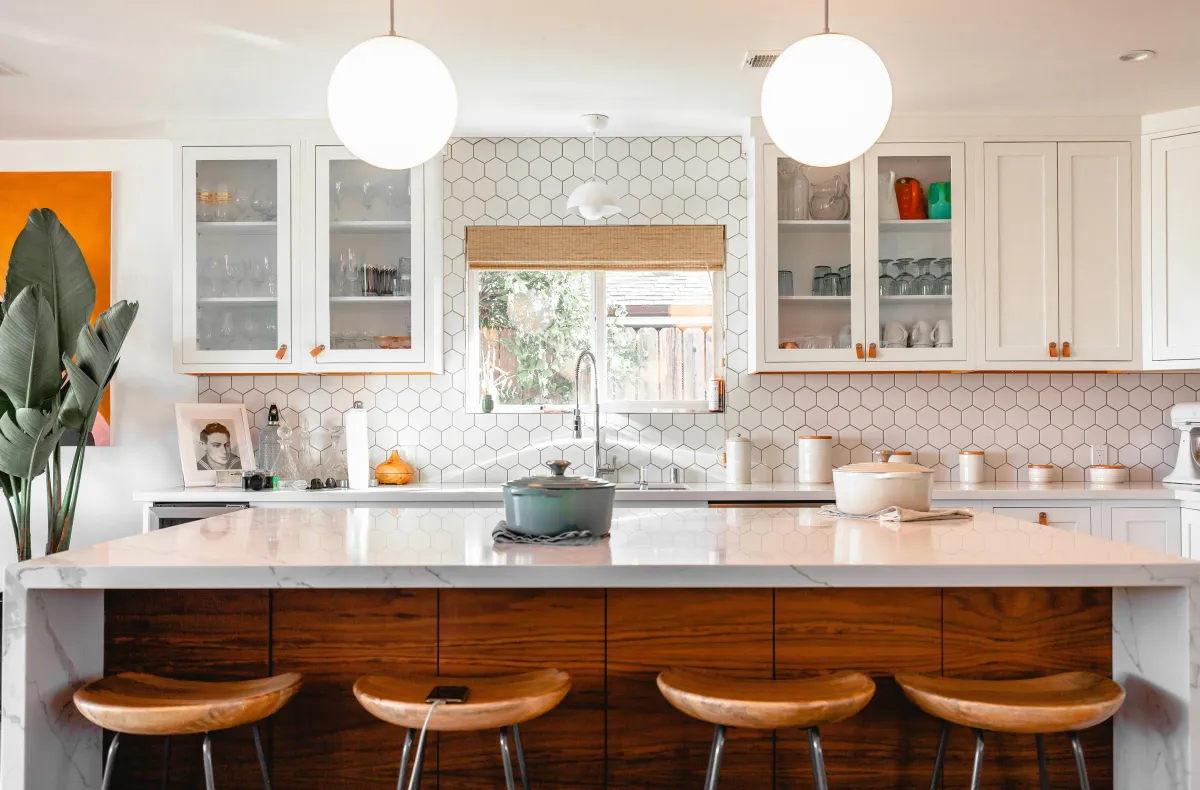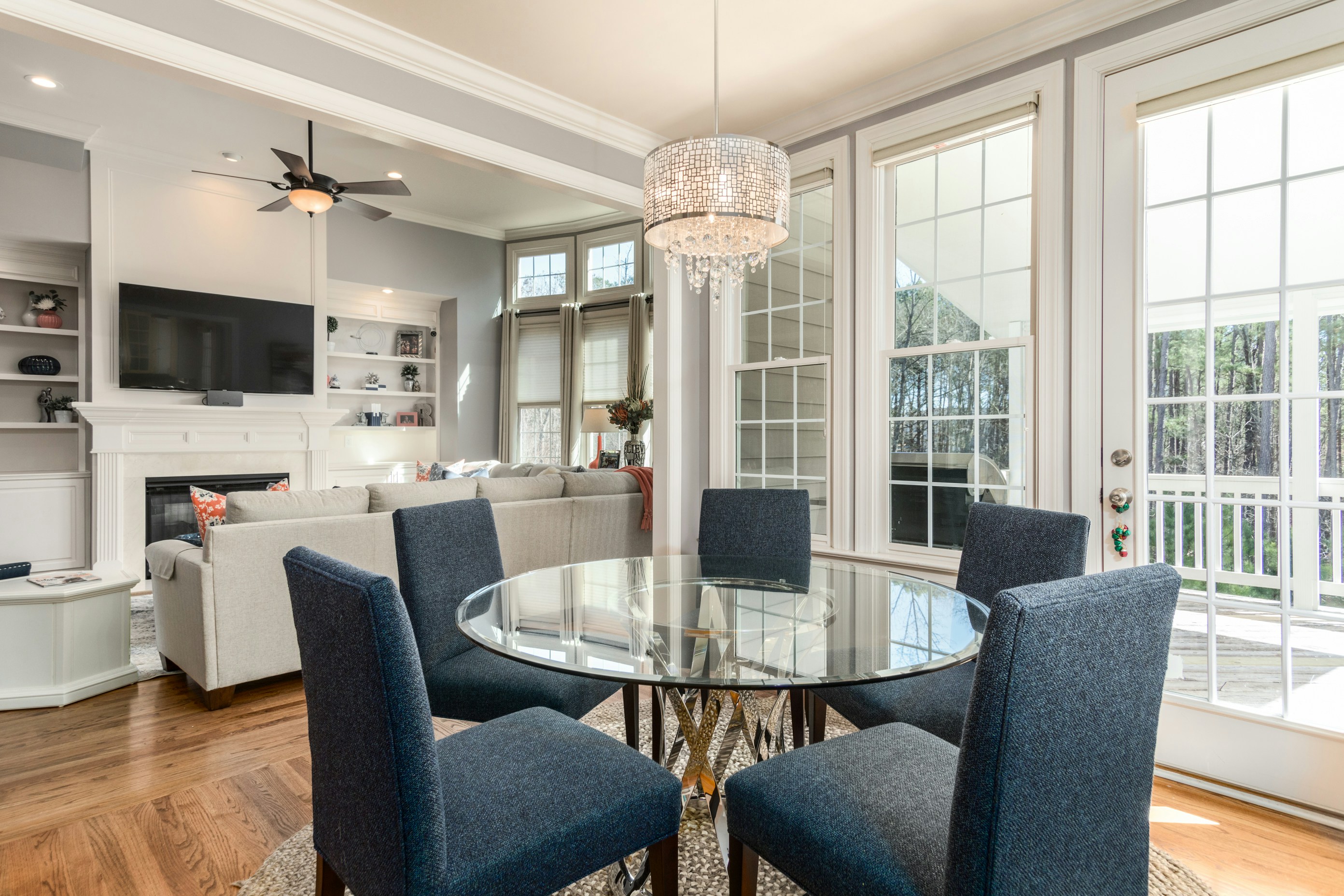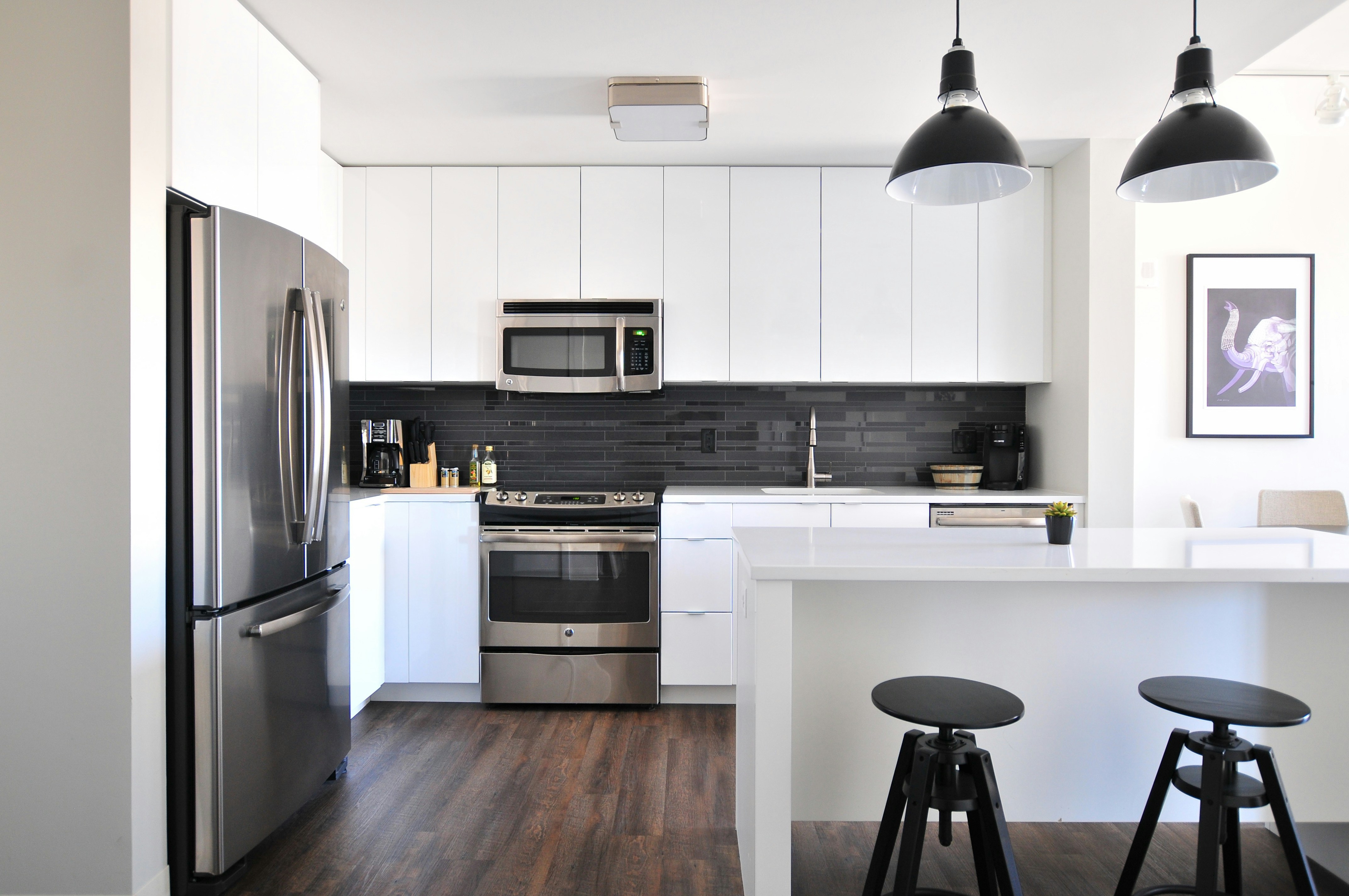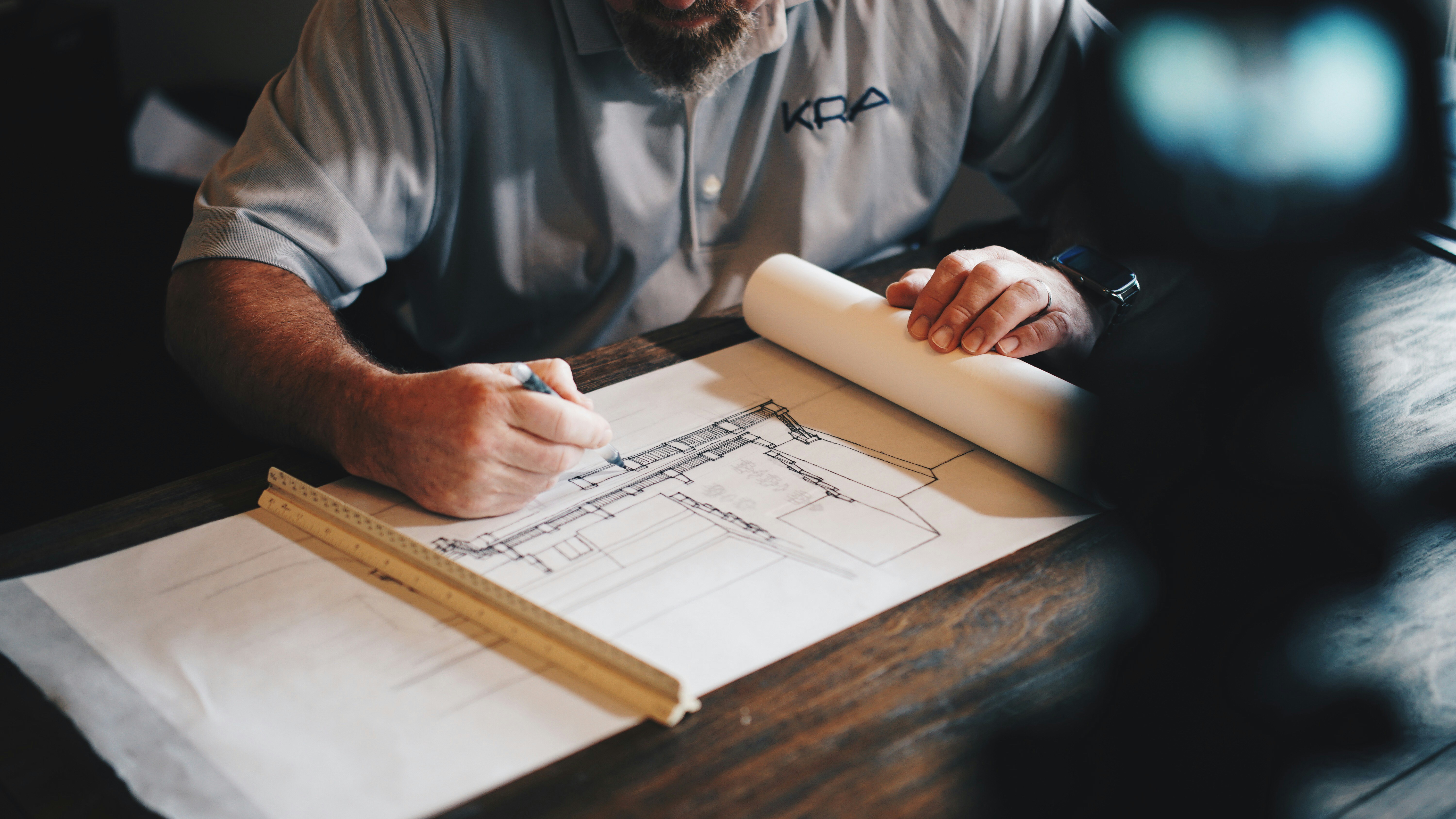
Choosing Between Custom and Semi-Custom Homes for Your Build
Building a new home often comes with choices, particularly between custom and semi-custom homes. Many buyers wonder which option best fits their vision and budget. This article breaks down the key differences, focusing on design flexibility, cost variations, and the construction process. By understanding these elements, readers will gain clarity on choosing the right home for their needs. Whether it's a fully personalized space or a thoughtfully designed model, this guide will help address uncertainties and lead to a more informed decision.
Key Takeaways
Custom homes provide complete design control for homeowners, allowing for personalized living spaces
Semi-custom homes mix predefined options and personalization, appealing to those seeking balance
Construction timelines differ, with custom builds generally taking longer than semi-custom homes
Resale value is typically higher for custom homes due to their unique features and designs
Understanding individual needs helps homebuyers choose between custom and semi-custom home options
Defining Custom Homes and Semi-Custom Homes

Custom homes are designed from scratch, allowing homeowners to personalize every detail with the guidance of a custom home builder. In contrast, semi-custom homes offer a blend of choice and structure, typically initiated by production builders, featuring a selection of pre-designed layouts and options. Understanding these characteristics will help homebuyers make informed decisions about their dream spaces.
Characteristics of Custom Homes
Custom homes showcase unique floor plans that cater specifically to the homeowner's preferences, providing complete control over layout, materials, and features. This level of personalization allows for thoughtful integration of interior design elements that align with individual tastes. Additionally, energy-efficient solutions can be seamlessly incorporated into the design, optimizing both comfort and sustainability.
Characteristics of Semi-Custom Homes
Semi-custom homes combine flexibility with structure, allowing buyers to choose from a variety of pre-designed layouts while still making personalized choices for specific features. These homes often include options for different bedroom configurations and room sizes, making them suitable for various lifestyles and needs. While semi-custom homes typically come from production builders, they still offer advantages such as quicker build times and generally lower costs compared to fully custom builds, making them a practical choice for those seeking a balance between personalization and efficiency.
Key Differences in Design Flexibility

Custom homes provide endless customization options, allowing homeowners to dictate every aspect of their new space with the support of custom home builders. In contrast, semi-custom homes come with defined limits on personalization, offering a selection of pre-designed layouts and features. Understanding these differences is crucial for homebuyers, as they influence price, construction timelines, and warranty considerations.
Customization Options in Custom Homes
When engaging with custom builders, homeowners enjoy a wide array of choices in the design and layout of their dream space. Custom home building allows individuals to select every detail, from the floor plan to the materials used, fostering a truly personalized environment. Unlike production builders, who offer preset options, custom builders tailor each project to meet the homeowner's specific preferences, creating unique home construction experiences that resonate with individual lifestyles and needs.
Customization Limits in Semi-Custom Homes
Semi-custom homes offer some level of personalization, but buyers must navigate predefined limits. Homeowners can select from various layouts and features, yet their choices are constrained within set parameters established by the builder. This structure provides a practical solution for those who want to avoid the overwhelming decisions of fully custom builds but may not fully satisfy those with specific design desires.
Cost Variations Between Custom and Semi-Custom Homes

The costs of custom and semi-custom homes can vary significantly due to several factors. For custom homes, factors such as design complexity, material choices, and specific site conditions can increase expenses. In contrast, semi-custom homes are typically influenced by the selected packages and options offered by builders, leading to more predictable pricing. Understanding these distinct influences provides important insights for homebuyers as they navigate their building journey.
Factors Influencing Custom Home Costs
Several factors influence the costs of custom homes, making them unique to each project. Design complexity plays a significant role, as intricate layouts typically require more time and skilled labor, thus increasing expenses. Additionally, the choice of materials drastically affects the final price; high-quality finishes and eco-friendly options often lead to higher costs, while basic materials can keep budgets in check. Understanding these elements is essential for prospective homebuyers seeking to tailor their dream home effectively:
Design complexity and intricacies
Choice of high-quality materials
Site conditions affecting construction
Labor costs tied to skilled tradespeople
Custom features that enhance personalization
Factors Influencing Semi-Custom Home Costs
Semi-custom home costs are influenced by a variety of factors that can affect overall pricing. Choices regarding specific packages and optional features can significantly impact the final price. The builder's selected materials and upgrades also play a key role in determining costs, making understanding these options essential for homebuyers as they plan their projects:
Construction Process and Timeline Discrepancies

The construction timelines for custom and semi-custom homes differ significantly, impacting overall project planning. Custom home building involves a more intricate process, often extending timelines to accommodate personalized designs. In contrast, semi-custom homes generally follow a swifter timeline due to predefined layouts. Understanding these timelines helps homebuyers make informed choices that align with their scheduling needs.
General Timeline for Custom Home Building
The general timeline for custom home building can vary based on several factors, including design complexity and materials chosen. Typically, the process may take anywhere from several months to over a year, as each detail is carefully considered and crafted. Homebuyers often find benefit in being patient during this time, as personalized touches and quality construction lead to a truly unique home that fits their vision perfectly.
General Timeline for Semi-Custom Home Building
The timeline for semi-custom home building typically spans between six months to a year, depending on the specific choices made by the homeowner. This process generally involves less complexity than custom home building, as builders work with predefined designs and options. Homebuyers who select semi-custom homes can expect a smoother and quicker construction phase while still enjoying a degree of personalization to create their ideal living space.
Resale Value Considerations

Custom homes often hold higher resale value due to their unique features and personalized designs that cater to individual tastes. In contrast, semi-custom homes provide broader market appeal with their blend of customization and established layouts, potentially attracting a larger buyer pool. Understanding these aspects is vital for homebuyers when considering long-term investment and resale opportunities.
Potential Value of Custom Homes
Custom homes often see higher resale values due to their unique designs and personalized features that attract buyers looking for something special. When homeowners decide to sell, the individuality of a custom-built home can create strong appeal, especially in markets where distinctive properties are sought after. For home buyers, investing in a custom home can offer not just satisfaction in living space but also a potentially lucrative return on investment in the future.
Potential Value of Semi-Custom Homes
Semi-custom homes tend to attract a wider range of buyers due to their flexible options and established layouts, making them a solid investment for resale. Their blend of personalization and market-friendly designs often results in broader appeal, allowing homeowners to tap into a larger buyer pool when it's time to sell. By choosing semi-custom homes, homebuyers can enjoy a unique living space while still benefiting from the predictable resale value associated with homes that appeal to diverse preferences.
Ideal Homebuyer Profiles for Each Option

Homebuyers looking to invest in a new space must consider their individual needs when choosing between custom and semi-custom homes. Those who value complete control over design and personalization may find custom homes more appealing. On the other hand, buyers who prefer a balance of flexibility and efficiency might be drawn to semi-custom homes. Assessing these profiles will help guide future decisions.
Who Should Consider Custom Homes?
Homebuyers who desire complete control over their living space should consider custom homes. These individuals often have specific aesthetic preferences or functional needs that require a tailored approach. Custom homes empower them to select every detail, from floor plans to materials, allowing for a perfect fit to their lifestyle and vision.
Who Should Consider Semi-Custom Homes?
Homebuyers who seek a balance between personalization and practicality may find semi-custom homes to be an ideal choice. These individuals often appreciate predefined designs that still allow for some flexibility in features and layouts. For those who want to avoid the stress of endless options found in fully custom builds, semi-custom homes offer a streamlined approach, making it easier to create a comfortable living space without sacrificing style and functionality.
Conclusion
Understanding the differences between custom and semi-custom homes is essential for homebuyers as it directly impacts their building experience. Custom homes offer complete personalization, allowing homeowners to tailor every detail, while semi-custom homes provide a practical blend of choice and efficiency. Being aware of the cost variations, design flexibility, and construction timelines helps buyers make informed decisions aligned with their preferences and needs. Ultimately, evaluating personal priorities and long-term goals will guide individuals in selecting the ideal home-building path for their dream space.


